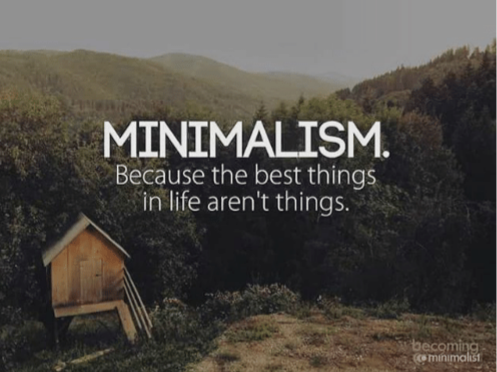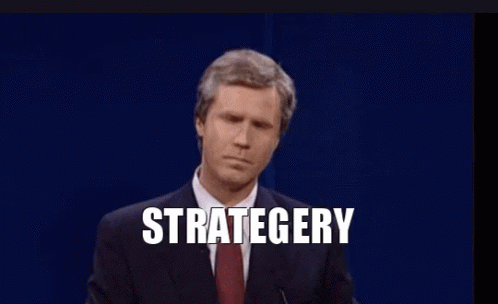When Nathan and I were operating our farm, one of our favorite things to do was attend the local craft and artisan shows to sell our homemade foods. We baked fresh bread using a family recipe. We made jam and other products from what we grew, berries we sourced locally and/or organically, and would have other specialty treats like muffins, cookies, or fudge. Folks would ask how long we had been farming and how we got started. We would smile and explain that “It all started with a compost pile.”
We used to have this old diesel truck we bought from our old employer, an oil company. It was a service truck and it had built-in toolboxes on the side. Also, attached to the bed of the truck was a homemade bed cover. The structure was wooden and there was hardware cloth wrapped around it so as to create an enclosure. We had removed that wooden monstrosity to open up the bed of the truck and the cover sat like an eyesore in our front yard for quite a while. One day, while chopping vegetables for dinner, I looked at how much food waste I was throwing out and felt the pang of responsibility as I knew that the waste could be doing something much more useful than sitting in a plastic bag to rot. Then a light bulb turned on in my head and I thought, what if I took that bed cover, turned it upside down so the sides came up for support and started a compost pile?
It was a while before I brought the idea up to Nathan because I didn’t think he would want to entertain an idea like that. When I did, I was right. He wasn’t really that into it and we didn’t even know what we would do with the compost material anyway. I am not a good gardener, as my somehow over-watered (and dead) cactus would tell you if it could. The only garden we did have to speak of at the time was really just the row of flowers we planted along our front porch, but even those grow back every year without me having to do much of anything except keep the weeds out. But they still grow even when I slack off on that anyway! We love to eat vegetables, so we expected we would make too much compost material to do anything with. I have heard in the “old days” of neighbors asking for sugar or eggs, but not compost. So thinking of ways to market this compost to them to share, seemed like a task that might do more harm than good to any relationship we might have already had.
So I sat on the idea and continued to toss the vegetable waste in the garbage, trying to ignore the sense of responsibility I ascribed to the task before. One afternoon I had just gotten home from the farmer’s market with more vegetables and saw that hideous bed cover once again. I couldn’t take it anymore! I took the food inside, marched right back outside, flipped that bed cover over, and dragged it over to a low corner of the yard, out of sight. We became composters that day and never turned back! The more I looked at our backyard and how much space we had, I knew we could put this compost to better work. We love fresh market vegetables so much, what is better than just growing it yourself?! I started looking at how much people were growing on small land lots because our entire property is just around 1 acre, including the house. Would we be able to make enough food for ourselves for the entire year? We planned on canning or freezing vegetables after the harvest and cutting down on what we had to buy at the store. I consider this our introduction to the minimalist lifestyle.
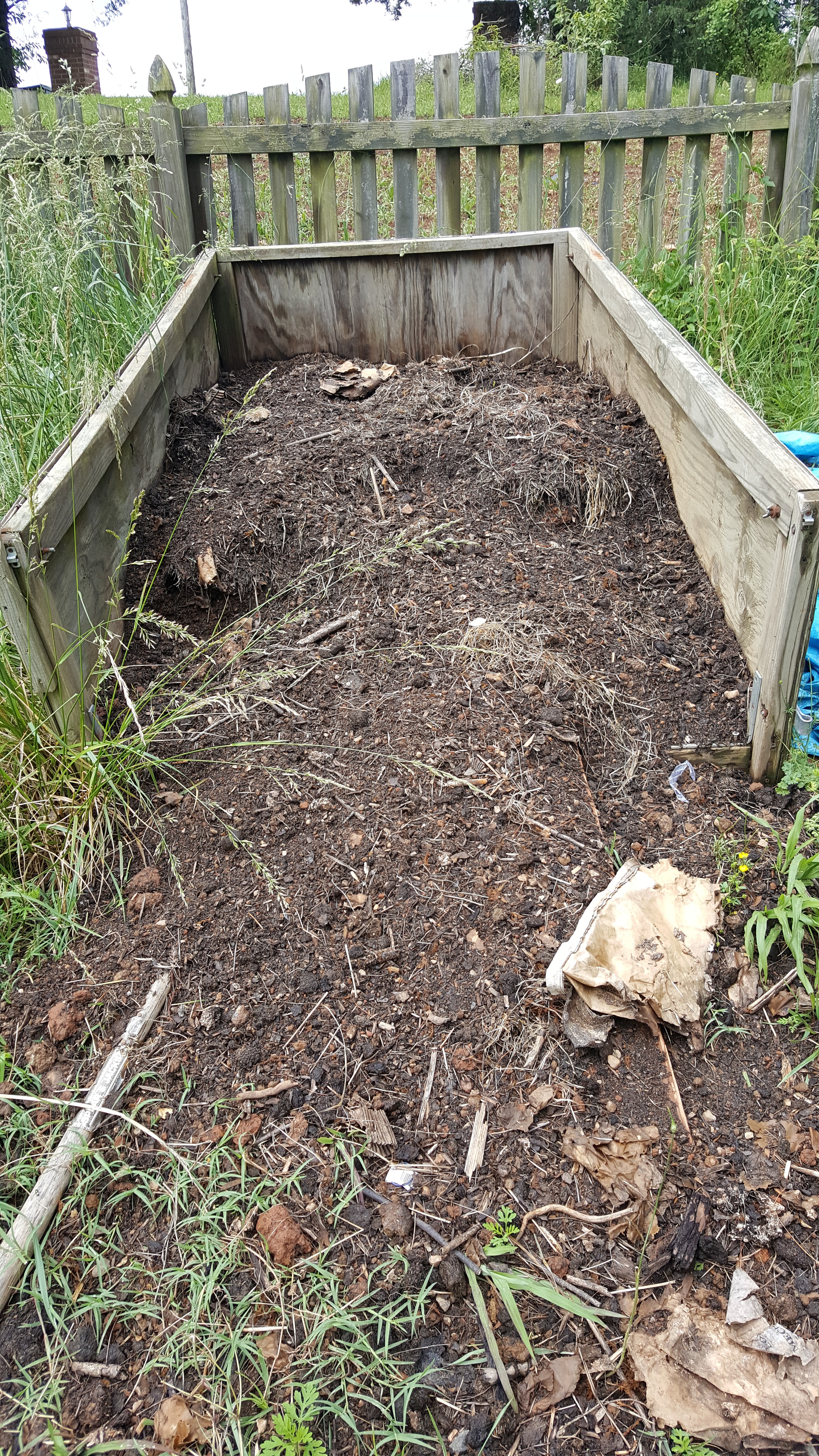
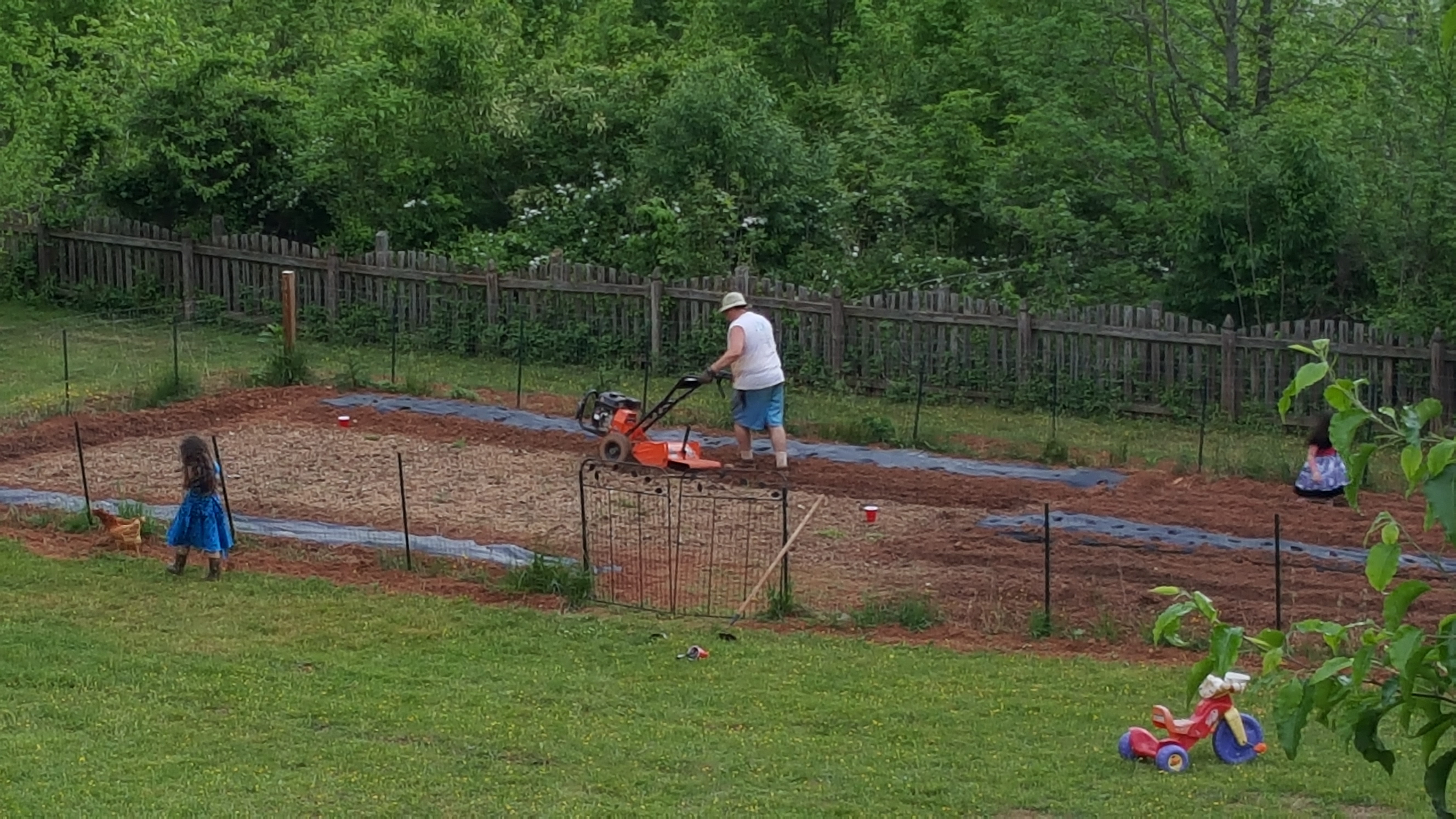
According to popular minimalsts Joshua Fields Millburn and Ryan Nicodemus, “Minimalism is a tool to rid yourself of life’s excess in favor of focusing on what’s important—so you can find happiness, fulfillment, and freedom.… Minimalists search for happiness not through things, but through life itself; thus, it’s up to you to determine what is necessary and what is superfluous in your life.”
We didn’t necessarily choose considering this perspective as part of our life; more like it chose us. I didn’t make myself feel those pangs of responsibility, it just happened. It’s like it was my Inner Self was doing their part to guide me to what was necessary to do to minimize waste and be more conscious of how much of it we create as a family. Something inside just felt like it was what I was supposed to do. Once I recognized that waste, I started to notice the other ways we were being wasteful: we all had tons of clothes that we didn’t wear half of; despite our efforts, our children had still accumulated more toys than they could keep track of; and excessive trips to Costco with all the plastic, time, and financial waste that went along with all of it. We had services on auto-pay that we weren’t really using much either, so little by little, money was being siphoned from our account that wasn’t adding any value for us. We also started to feel the time cost of our home. We would need to spend hours maintaining and cleaning it when we really only used a few of the rooms anyway.
No change happens overnight, so we started little by little, and still work at it a little at a time, creating a space that honors our responsibility to the Earth, while also honoring our personal needs, and making the most of what we have. Here is a short-list of some of the “little things” we have done with this “minimalist” perspective in mind:
- We used the compost material to fortify garden beds we installed in order to grow our own supply of vegetables for the entire year. We combined this practice with buying what we can’t or don’t need to grow (because it is already offered locally) from local farms with similar growing practices.
- Both Nathan and I joined “Buy, Sell, Trade” type of groups on Facebook to connect with people who might need or want to buy the items we found that we no longer needed.
- I found a local consignment group that organizes 2-3 times a year for a big sale. We both bought and sold items with that group and it has been great to upgrade clothes and shoes for growing kids and make some money back for what they cannot use anymore!
- We decided that instead of giving so many gifts, we would focus on experiences instead; like going to the movies, a sleepover, or a special day trip. We still give some gifts, but because there are fewer, they become more personal, something that is needed, or are homemade.
- By planning our meals every week, we saved money at the store by only buying what we needed, not what we think we might use (and then not use it).
- We took the time to look at our finances and cut out the services or expenses that were unnecessary or superfluous.
- We posted our 2 spare bedrooms on AirBnB so that we could host guests to make money on rooms we were cleaning anyway. This also became part of our business income for operating the Farm.
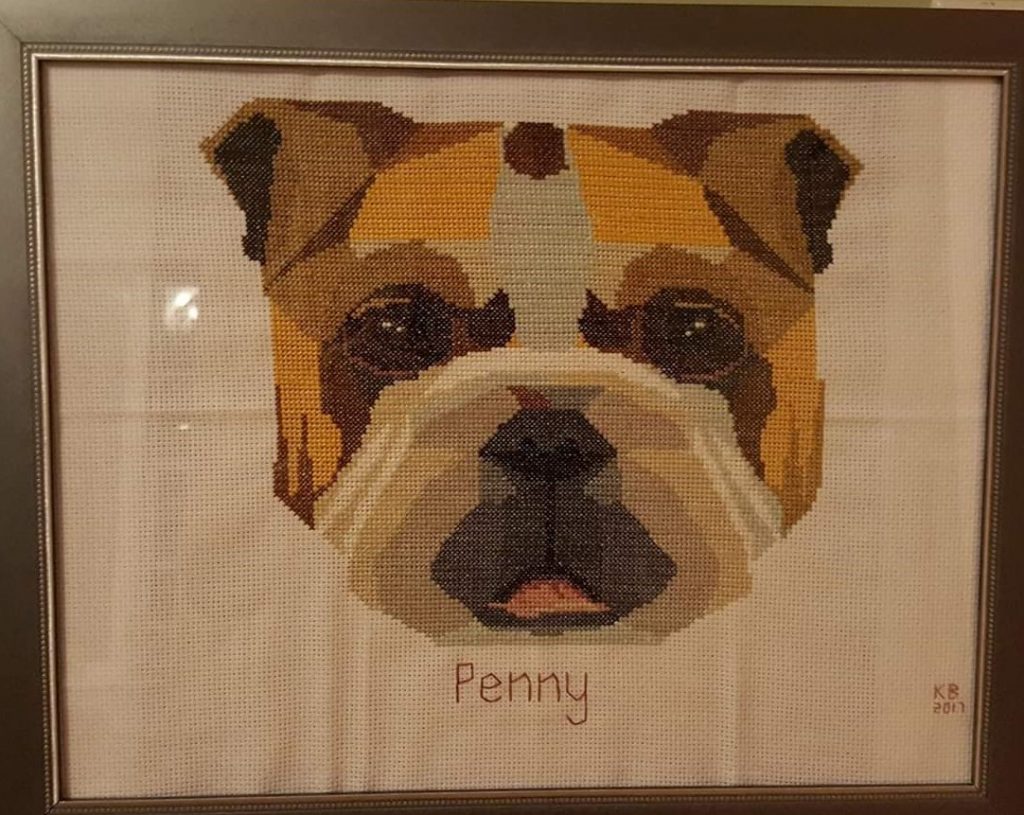
gift for a yoga student 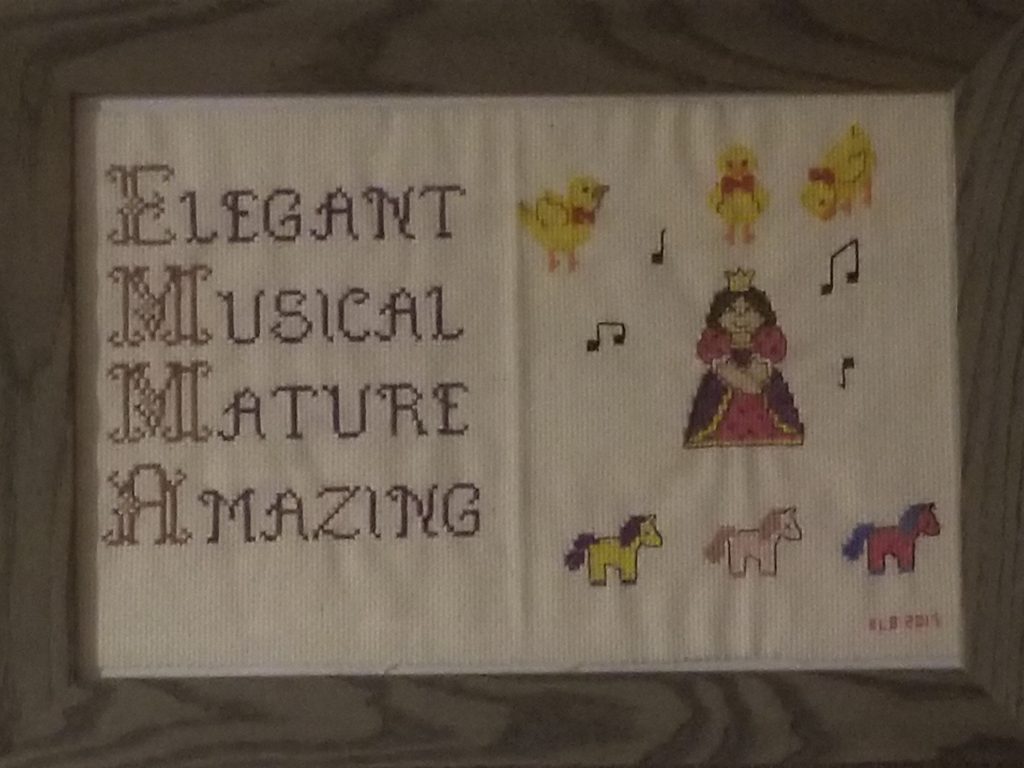
gift for one of our daughters 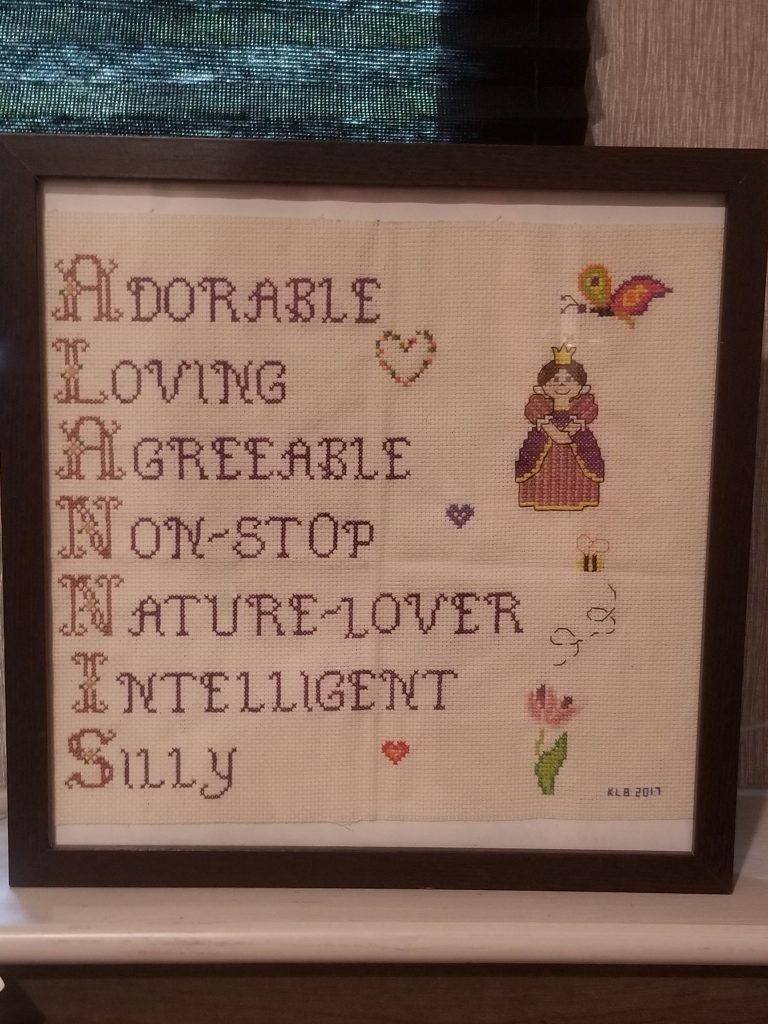
gift for our other daughter
Not only were we noticing the waste in our personal lives, Nathan and I were also feeling the “waste” in our professional lives. The waste of some of our time, efforts, and talent.
When Nathan was first working in the education industry, he was excited to be able to be helping people. We were both raised with a high value placed on education and he was happy to help people on their path to improving themselves and their life prospects through gaining more knowledge and a degree that so many employers require now for employment. “Knowledge is power”, right? The higher on that ladder he climbed, the more respect and responsibility he was awarded by his hard work, and also the more he realized the little ways he was sacrificing his goal of helping people. It became defiled by the pressure of being expected to meet certain “goals” (quotas). He told me once that in consulting a potential student over financial aid, he advised that person that enrolling at the University at that time was actually not the best decision for them. It would have put them in a financially precarious situation and he just didn’t feel right about enrolling the person. When it came up in conversation with his superior, he ended up getting scolded for it. When that month was over and the enrollment goal was missed by 1 or 2, naturally, the superior brought up that incident again in order to “prove his point”.
When I was teaching yoga, I got a lot of experience teaching in a studio. I am forever thankful for that experience, especially because that was my first teaching job after my teacher training. I had to audition for it and everything and I was so stoked I had gotten the position on my merits! However, after a couple of years, I knew that it wasn’t for me. I didn’t feel as useful as I could be. My relationship with yoga was deeper than simply getting on the mat every week and I wanted to bring that into my yoga teaching style. Instead of contracting myself out to a studio to teach regular asana classes and the occasional workshop, I wanted to go out on my own offering private sessions where the client and I could really dig into the deeper dimensions of yoga that can aid in personal emotional or spiritual healing. I also wanted to bring this significant experience to those who had little or no access to yoga. So I left the studio to travel and teach at places like the local library and an assisted living community to introduce yoga to families and folks who might not otherwise be able to get to a yoga studio regularly. I set up a special “yoga room” in our house to take private lessons and shoot videos I planned on offering online. Fast forward and now I do not even have that business anymore. I realized that even though I had set out with the goal of assisting people with radical, personal change and introduce various demographics to yoga, I was still mainly focusing on the contents of asana practice in order to keep people interested and thus, keep the business going. All of this began to take away from all of the blissful hours and experiences I had logged since I began practicing yoga. Eventually that business dissolved and I now retain my efforts of yoga healing for myself and my “demographic” includes Nathan and our 2 daughters when they are interested.
Both of these experiences forced us to take a hard, close look at what we were doing professionally and make a decision. Eventually Nathan got so frustrated by being taken advantage of at work and unable to feel helpful and useful, that we devised a plan for him to make the transition to be self-employed so he could put his talents to work for himself, earning a living he could be proud of. For me, I learned that my yoga training was (at least for now) meant for me to use for my own personal healing and maybe my version of that isn’t right for someone else.
Lesson Learned: Don’t work to make everyone else happy, it probably won’t happen anyway. Empower yourself with your own natural talents and desired skills and put them to work for you!
When we decided to take that risk- to take our breadwinner out of the corporate work force and gamble on our own skills and wits to make ends meet- it took a lot of talking, planning, “strategery”, personal will, and hard work to make sure that we could make it. There was a lot at risk. We had a mortgage, 2 kids, and only enough savings to last 1 year.
THREE YEARS LATER…we are still self-employed and loving it! Not every month is easy. Operating a farm and doing people’s taxes covers certain parts of the year, so we have to make sure to maximize the income we get and make it last until the seasons come around again. But we have over the years learned the patterns, adjusted our focus for income earning when current strategies weren’t benefiting us anymore, and learned to simplify. What remained the same with every strategy was that we had to figure out how to maximize the income potential. We are always fair and we also know and feel the importance of getting paid our worth because we know what we need to live and how much that costs us every year. Nathan calculated it down into knowing how much income we needed to bring in on a daily basis to “make it”. When we met that requirement for that day or that week, we knew we could rest easy because what we needed to live was covered by: the yoga client that bought their 5-class card, the farm table we operated that week selling food, that client that needed 3 years worth of taxes done, or that restaurant that consistently bought jam or vegetables every month.
It’s not enough to just know about how much mark-up you need for each product or service, but also knowing how many products or hours of service you need to sell or put in to know you can afford to pay yourself.
Lesson Learned: Know your financial worth and charge it. Don’t feel guilty for requiring a living wage to, you know…live.
Knowing how much we need to live is so helpful. However, did you read that list I generated a couple of paragraphs ago? Those income generators are great, but what consistency is there? When we organized ourselves into business, we took our skills and passions and created 3 different businesses. We spread ourselves too thin. The administration, marketing, execution, product creation, research and development…all of the components of a business are a lot to consider for 1 business, let alone 3! Oh, and did I mention that somewhere in there we also tried to start a non-profit that would utilize and connect our businesses through projects we planned to initiate within the community?! We learned the hard way to consolidate our efforts down to 2 businesses (to start) and perhaps it goes without mentioning we weren’t able to get that non-profit up and running either. C’est la vie, we learned. And we (foolishly) decided we could still operate the farm in the Spring and Summer and focus on consulting in the Autumn and Winter.
What actually happened was after we closed down our farm for the season, we were still able to offer products at local craft and artisan shows. We calculated that we would need to take advantage of the holiday craft shows coming up in order to meet our income goals for the year. In doing so, this took valuable time away from marketing for tax season and one-on-one consulting. Not to mention that if we wanted to start the farm again to be profitable, halfway through tax season we would have to take time away from that to start seedlings, market and network for the coming farm season with restaurants and artisan shows, not to mention administrate all this flow of information and revenue sometime! We were forced to look (again!) at how we valued our time, which skills we wanted to utilize the most, and how that fit in with our long-term goal of being a full-time RVing family. (Yes, that is totally our family dream!)
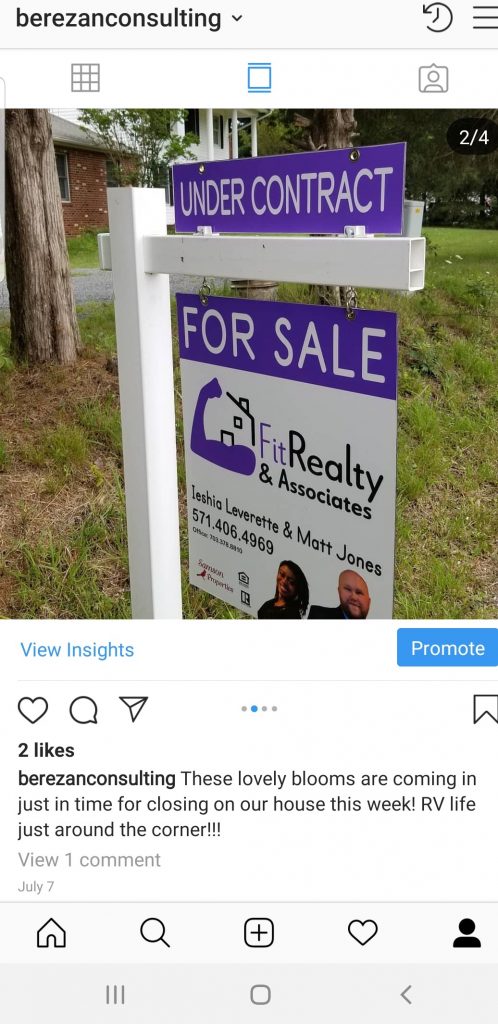
As much as we valued growing CNG quality produce, distributing it through the community, and offering education on how to do-it-yourself, we had to realize our talents are best suited for our consulting work and our consulting work is what will help us achieve our family dream.
Lesson Learned: Minimize and streamline your overall effort by figuring out how to maximize your skill set.
If we revisit the definition of minimalism mentioned earlier: “Minimalism is a tool to rid yourself of life’s excess in favor of focusing on what’s important—so you can find happiness, fulfillment, and freedom.… Minimalists search for happiness not through things, but through life itself; thus, it’s up to you to determine what is necessary and what is superfluous in your life.” Let me tie that in with the examples I discussed:
- By growing our own food and buying from local farms, we were able to reduce the carbon footprint created by how far our food traveled to get to us, stimulated the local economy by supporting other business in our own community, and ensured a better quality of nutrition for our physical health. Stimulating the local economy is important to us because we know it supports other individuals and families like ours trying to use their skills, talents, and resources to make a living and contribute to the community. We reduced waste, ate healthier, and felt fulfilled contributing to our community in a way that was important to us.
- By selling unneeded or outgrown items, planning meals, and cutting out unnecessary expenses, we began to better manage our financial cash flows. This helps to provide more opportunities for a special experience that we would value.
- Posting our spare rooms on AirBnB put the time cost of the effort spent cleaning those rooms to better use. At least if we were cleaning the rooms someone else could enjoy the space and we enjoyed how we could contribute to the “share economy” idea, further fulfilling our goal to contribute to our community. People came from all over to visit our town and the surrounding area for various reasons- from tourism to vending at local craft shows and graduations to marathon races!
- By reorganizing our businesses in a way that situates us to become a full-time RV family, we look forward to a certain sense of freedom. We feel weighed down by the responsibility of our house and want to have “less house” to take care of. By having less house, we can focus on spending more time with each other, with less space we will be more selective of the items we allow in our space, and by being able to travel we can enrich our lives with more experiences in a variety of places.
- We can also broaden our clientele and become available to help more people make the most of their own money. By empowering more individuals across communities nationwide, we are able to help stimulate local economies all over! We know how valuable people are to their communities and it is fulfilling work for us helping others achieve their version of freedom and self-actualization. We believe every person has a special talent, skill, or artistic expression that is unique to them and worth being shared.
The question my Inner Self posed to me was: How can you be less wasteful? Joshua Fields Millburn and Ryan Nicodemus ask: How might your life be better if you owned fewer material possessions? Our goal by sharing how we stumbled upon incorporating minimalism into our life- both personally and professionally- is that it will stoke the embers of your own curiosity to explore what is your excess? Is there anything you can live with less of? How much more personal power do you feel when you are aware of the flow of your resources? And perhaps most important of all, what is necessary for your happiness, fulfillment, and freedom?
We hope you enjoy exploring!
Kirsten
UPDATE: I wrote this blog right before it all happened and just haven’t had a chance to finish editing and posting until now, but…we sold our house! We sold our house and have transitioned into a full time RV family! We are so excited and look forward to sharing our adventure with you!
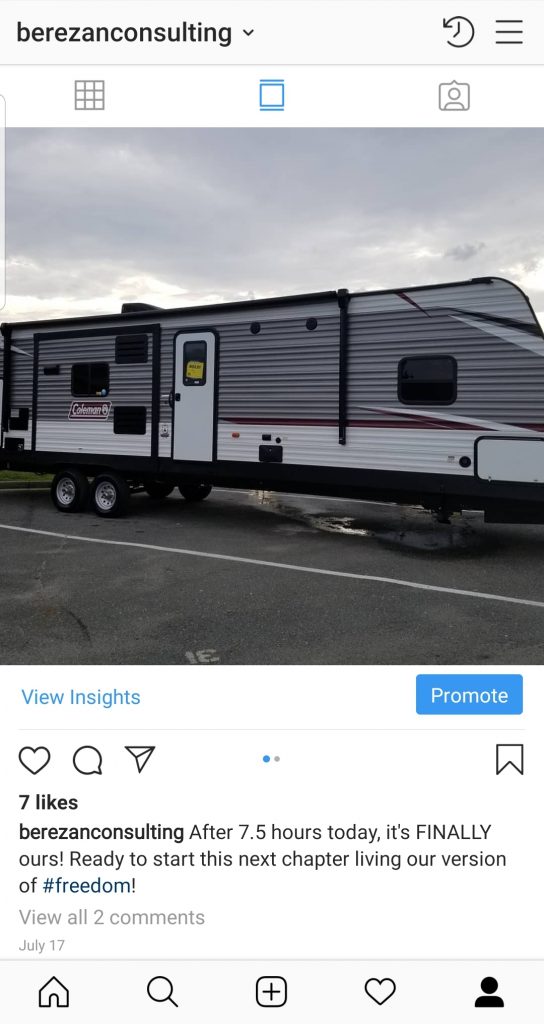
*featured image credit: https://pin.it/43colapvjjzggo
